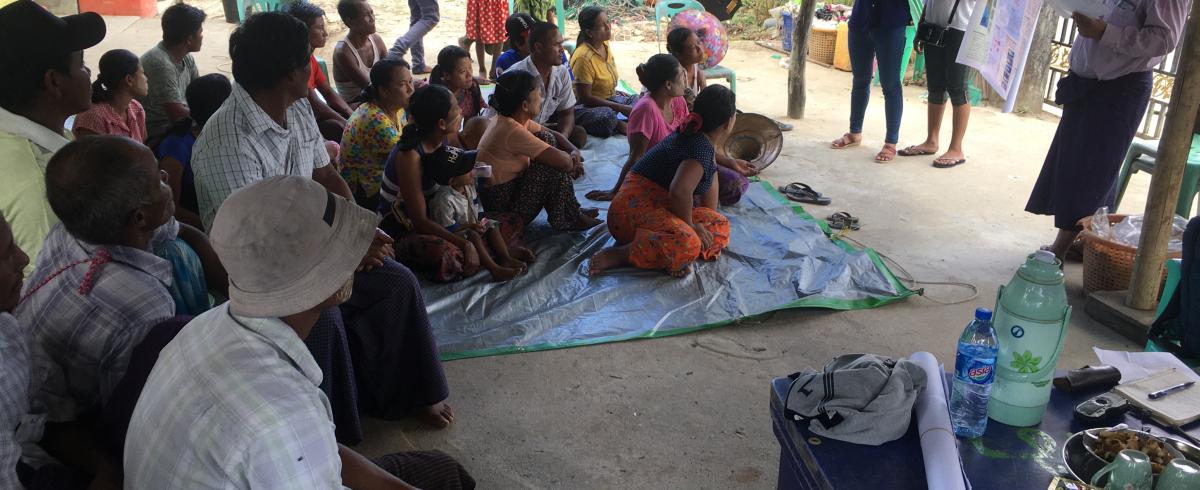The Great Blue Wall: Good practices for marine and coastal conservation in the Western Indian Ocean
The aim of this PANORAMA Solutions in focus publication is to highlight existing good practices in the WIO region that contribute to the three main objectives of the GBW. Scaling such solutions across the region and integrating these into future planning and investments, as well as supporting knowledge exchange amongst key actors to build on “what works”, will all be key to achieving the ambitious goal of the GBW.
This publication focuses on 46 PANORAMA Solutions from the WIO region that provide a good representativity of the range of actions delivering tangible outcomes and that are promising for further development. We first classified them according to the GBW’s three components. We then identified their contributions to ecosystem health, human well-being or both, based on the description provided in the solutions’ impact section.

